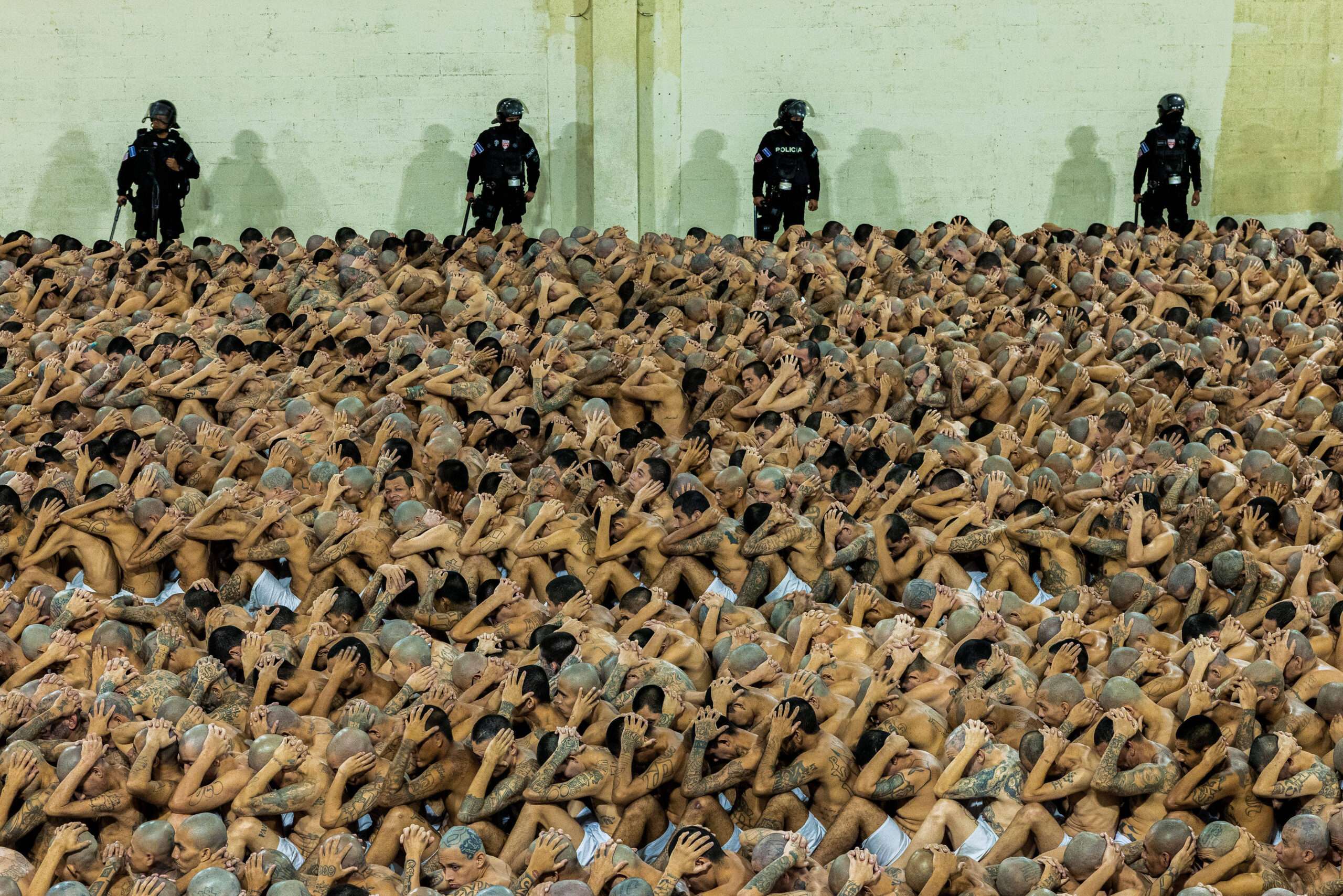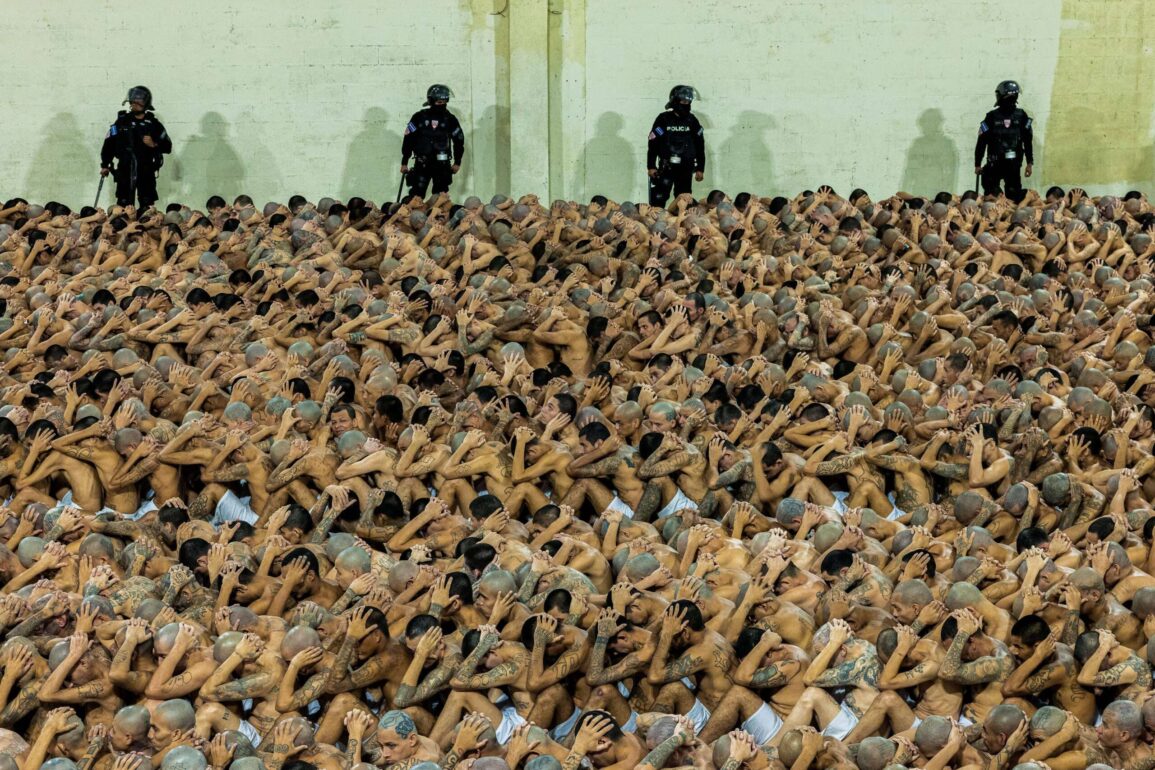
El Salvador has extended an unprecedented offer to the United States: to take in deportees and violent criminals of any nationality. The announcement came from U.S. Secretary of State Marco Rubio on Monday following a meeting with Salvadoran President Nayib Bukele.
“In an act of extraordinary friendship to our county,” Rubio told reporters, Bukele “has agreed to the most unprecedented, extraordinary, extraordinary migratory agreement anywhere in the world.”
Under the proposed agreement, El Salvador will continue accepting its own citizens who have been deported from the United States. However, Bukele also pledged to “accept for deportation any illegal alien in the United States who is a criminal from any nationality, be they MS-13 or Tren de Agua and house them in his jails,” Rubio said.
That includes “dangerous American criminals in custody in our country, including those of US citizenship and legal residents,” Rubio added.
While the latter part of the proposal remains legally questionable, El Salvador could be part of a “safe third country” agreement, under which the U.S. could deport migrants to El Salvador when their home countries refuse them.
Bukele’s aggressive crackdown on crime has made him a controversial yet admired figure. President Donald Trump called El Salvador an “example” for other nations in the Western Hemisphere.
Once considered one of the most dangerous nations in Central America, El Salvador has transformed into one of the region’s safest under Bukele’s administration.
Since declaring a state of emergency over gang violence in March 2022, the government has jailed over 81,000 alleged gang members—equivalent to 1.8 percent of the population, or three out of every 100 men. El Salvador now has the highest incarceration rate in the world.
Human rights organizations have raised concerns over the conditions within El Salvador’s prison system. “Authorities have committed widespread abuses, including mass arbitrary detentions, enforced disappearances, torture and ill-treatment of detainees, and due process violations,” reported Human Rights Watch. And prisons are “characterised by a lack of medical care, substandard basic services such as food and water,” according to Amnesty International.
To accommodate its growing prison population, El Salvador constructed the Terrorism Confinement Center (CECOT), a megaprison with the capacity to hold 40,000 inmates. But overcrowding remains an issue, with many of the country’s prisons operating at over 300 percent capacity since the state of emergency began.
“Overcrowding constitutes a serious threat to prisoners’ health and lives,” reads the U.S. State Department’s travel advisory for El Salvador. “In many facilities, provisions for sanitation, potable water, ventilation, temperature control, and lighting are inadequate or nonexistent.” Reports from local organizations indicate that over 300 detainees have died in state custody since the crackdown began.
Given these conditions, it remains unclear how the country could manage an influx of additional inmates from abroad.
El Salvador’s offer comes with the condition that the country is compensated in return for housing foreign criminals.
“We are willing to take in only convicted criminals (including convicted U.S. citizens) into our mega-prison (CECOT) in exchange for a fee,” Bukele posted on X. “The fee would be relatively low for the U.S. but significant for us, making our entire prison system sustainable.”
This post was originally published on this site be sure to check out more of their content.









